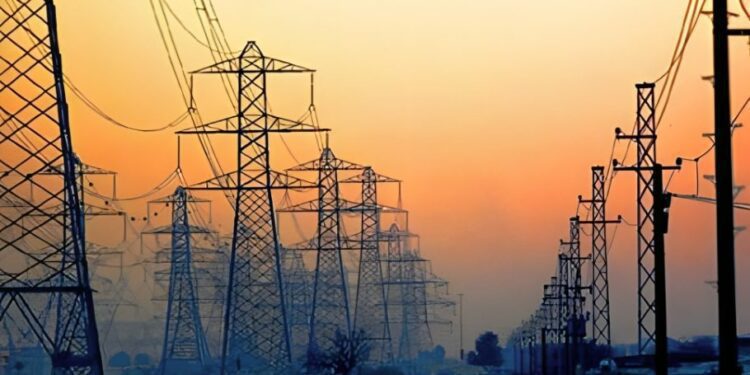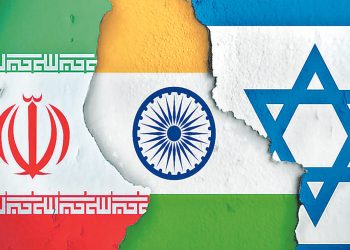Dashing consumer expectations for substantial electricity price relief, the federal government has proposed only a modest reduction in the base power tariff for the upcoming fiscal year, suggesting cuts ranging from 30 paise to a maximum of Rs2.25 per unit under seven different scenarios.
According to official documents submitted by the Central Power Purchasing Agency (CPPA) to the National Electric Power Regulatory Authority (NEPRA), the most optimistic scenario — which assumes normal demand, stable hydrology, and a favourable exchange rate of Rs280 per US dollar — projects the average base tariff to fall by Rs2.25 per unit, from the current Rs27/kWh to Rs24.75/kWh for FY2025–26.
However, this best-case scenario is deemed unlikely due to ongoing macroeconomic uncertainties. Under more realistic conditions — including a rupee depreciation to Rs300 — the base tariff would see only a 30-paisa reduction, bringing it down marginally to Rs26.70/kWh.
The proposed tariff reductions are largely attributed to lower capacity payments, rather than reductions in generation or fuel costs. Fuel charges alone are projected to range between Rs8.16 and Rs9.52 per unit, pushing the overall electricity price (excluding taxes and surcharges) to between Rs34 and Rs35 per unit.
The CPPA’s submission forms the basis for NEPRA’s upcoming public hearing scheduled for May 15, where the regulatory authority will review the projections, consult stakeholders, and issue a final determination to be implemented by the government from July 1.
The proposal presents seven distinct tariff scenarios, developed through a sensitivity analysis of key input variables — electricity demand, hydrological conditions, fuel prices, and exchange rates. Across all scenarios, indigenous fuels are expected to contribute 55% to 58% of the energy mix, while clean energy sources are projected to account for 52% to 56%.
In the worst-case scenario, where all risk factors align negatively — high exchange rate, low hydrology, standard fuel prices, and normal demand — the Power Purchase Price (PPP) is estimated to remain nearly unchanged at Rs26.70/kWh.
The CPPA’s request underscores the challenges of significantly lowering tariffs amid high debt servicing, capacity charges, and an energy mix still partially reliant on imported fuels. Even with higher reliance on renewables and domestic fuel sources, only modest savings are projected for end consumers.
NEPRA’s determination on this matter will be closely watched by consumers, industry stakeholders, and policymakers, particularly at a time when inflationary pressures and energy affordability remain top national concerns.



































